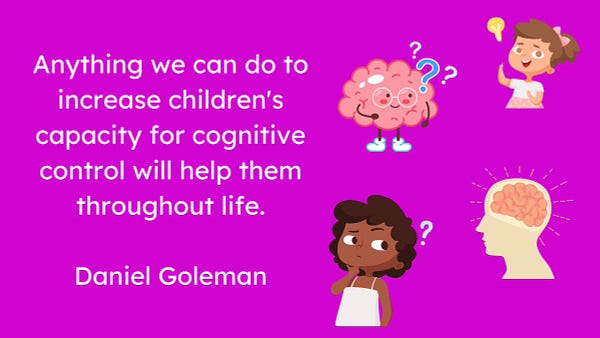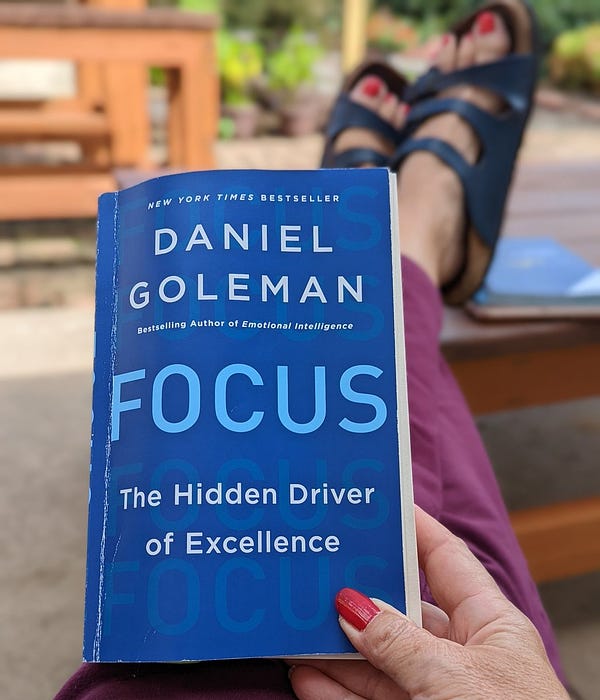Building with Flexibility
Recently I was asked if I think Focusable helps kids build mental toughness. I paused for a second because I had never been asked a question like that. But then my brain lit up. Because what we’re talking about here is teaching kids (and ourselves) how to cope with a variety of challenges and be better able to enact change in their own lives. Change that starts with self-awareness, but furthers the development of focus as a skill that we can refine, and attention as the driver that gets us there. So the answer is yes, it does.
I understand that encouraging “toughness” does not always have a good reputation. Society has taught us the limiting mindset that strength and adaptability can not go together. That we can only have one or the other. But progress is something that both flexibility and focus make possible. And we’re experiencing it ourselves.
In the months that we’ve been writing about focus and engaging with our community, we have progressed our thinking considerably. Especially as it relates to the building of a tool to help teachers and students practice focus as a skill. In fact, embracing focus as a skill itself is actually one of the most important elements of our own progress. It allows us to think about its relationship to nearly everything else we teach. It shapes the way we experience the world. And it has kept our thinking flexible along the way.
Not to mention, we have found a thoughtful group of educators who are eager to stretch with us - a true sign that we’re building something worthwhile.
We’ve also learned that focus is personal, and that there is a lot that people don’t understand about the way struggling with it, or looking for more of it, affects their lives. But everyone deals with it to some degree, and even if it manifests itself as frustration with something else, what we really struggle with is controlling our attention.
Yes, control is a big part of learning how to focus well; we’ve learned that it is also difficult and layered in meaning. It is worth considering that sometimes our compulsion to control environments for our students in an attempt to help them succeed can in turn make it impossible for them to learn how to cope. As good as our intentions might be, too much control does not yield the results we are hoping for. Emotional and mental distractors - our biggest challenge - will always be there waiting for us.
Focus, of course, requires we tune out distraction - and the most focused among us can appear relatively immune to it, making them seem steady in times that pull others apart. The fact is, we need to practice control of attention, not control of environment. We need the ability to put aside 98% of what’s going on in order to hold a magnifying glass to what’s in front of us. And that’s hard to do without flexibility.
As you can see from this writing, control is complicated. But we believe it’s the right definition and goal when it comes to focus. We’d like to invite you to join us and consider progressing your own thoughts flexibly with us. After all, the strongest structures - like the Optimalist community - require tension to hold them together.
In the bottom section of this newsletter, you’ll see several initiatives that we’re excited to be working on that will help advance the study of the skill of focus, and bring us closer to our goal of creating a strong, but flexible community.
The Optima List
The best possible list of opportunities
🧠 NEW! Professional Learning Initiative
We’re excited to announce plans to launch our first professional learning initiative! Inspired by the richness of the series of book studies we’ve been holding - from Peak Mind to Flow, and now Focus - it’s time to begin working on the next steps in our community education plans. Let’s start by bringing out the best of what we’ve learned and organizing it - together.
In November, as our reading of Focus concludes,
participants from all three previous studies will be invited to help us conceptualize content for the first session
we’ll bring our blueprint for the program directly to the group
we’ll ask them to answer: what do we want to teach educators about the skill of focus?
This group will become the first “graduates” of the new program. Focus Level 1, anybody?
The first public sessions will begin in early December - registration coming soon!
Don’s tweet below shows the immediate impact we are seeing from reading with the community. This initiative will allow us to keep expanding the study of focus into schools in a way that teachers can easily begin using.


💬 #Optimalist Chat
It was great to have co-hosts Don Sturm and El Higus lead us in a discussion about how we approach focus with our students last week. As we continue into our last week of the theme Focus as a Skill, we welcome Lisa Schwartz to help us think about how breaks in work actually improve our focus. Join the Optimalist community on Thurs, 10/13 at 8:30pm ET for Why Does Focusing on Break Time Matter?
As always, you just have to search the tag #Optimalist on Twitter to follow or participate!
📚 Book Study Update
We’ll just say that reading Focus: The Hidden Driver of Excellence has been not only deepening our understanding of attention, but we are now starting to see huge connections between the previous books we've studied together. This is how we’ll being building the upcoming professional learning program. Here’s a Twitter thread detailing a few of the particularly enlightening chapters we read last week:

📰 The Optimalist Recommends…
The allure of the to-do list is not foreign to us. Getting everything out of your head, onto a page, and ready to be checked off. But is that really how we want to spend our lives? Nir Eyal has us thinking…

Also, thanks to Pamela Hall for the shout out in her latest newsletter. It’s so humbling and encouraging to see members of the community embracing our message like this more and more - and wanting to share it with their own audiences.
“Sara and the #Optimalist Book Study Group taught me that ‘focus is everyone's problem, and everyone is focusable’. Optimal performance and peace of mind are obtainable.” - Pamela Hall
🐦 Follow us on Twitter
Let’s connect and explore the world of focus together. Are you ready to join our school of fish? 🐠
Follow → Sara // Arlen // Brian // Ali // Alli // focusable
Don’t be afraid to say hi, and use the tag → #optimalist









